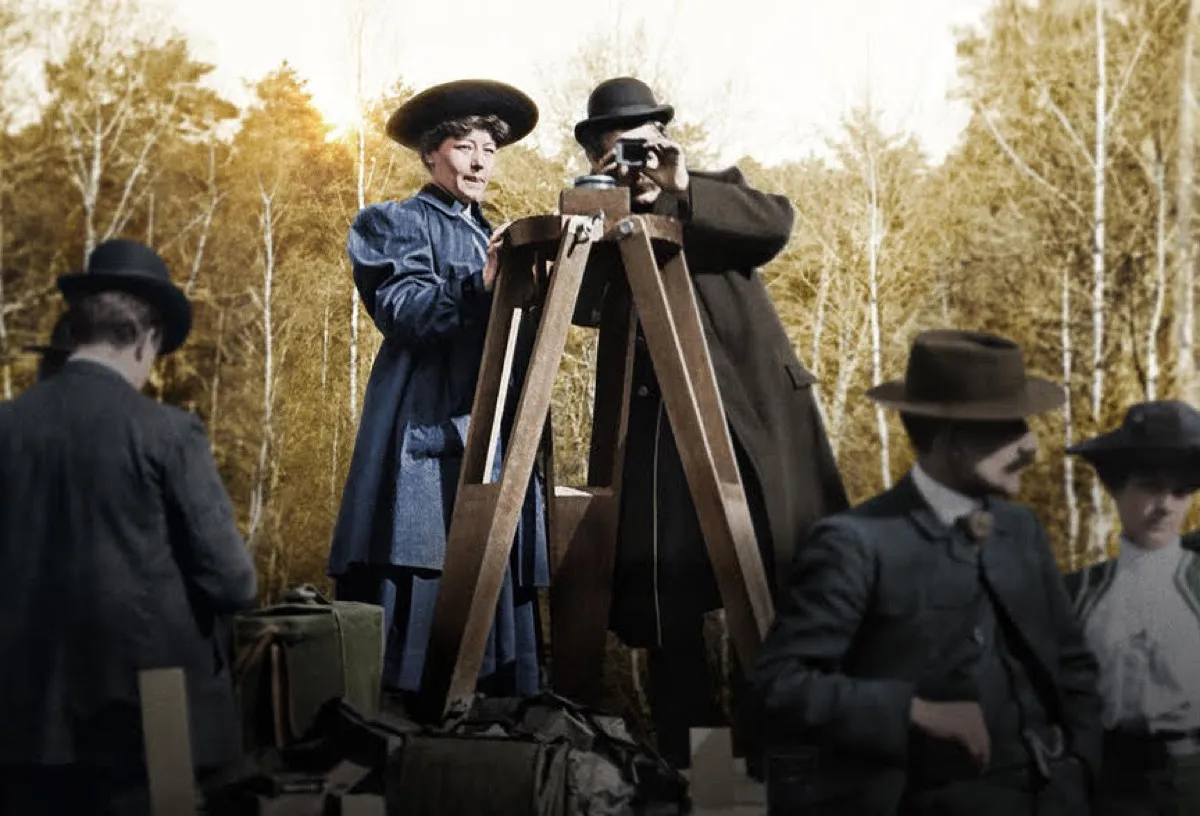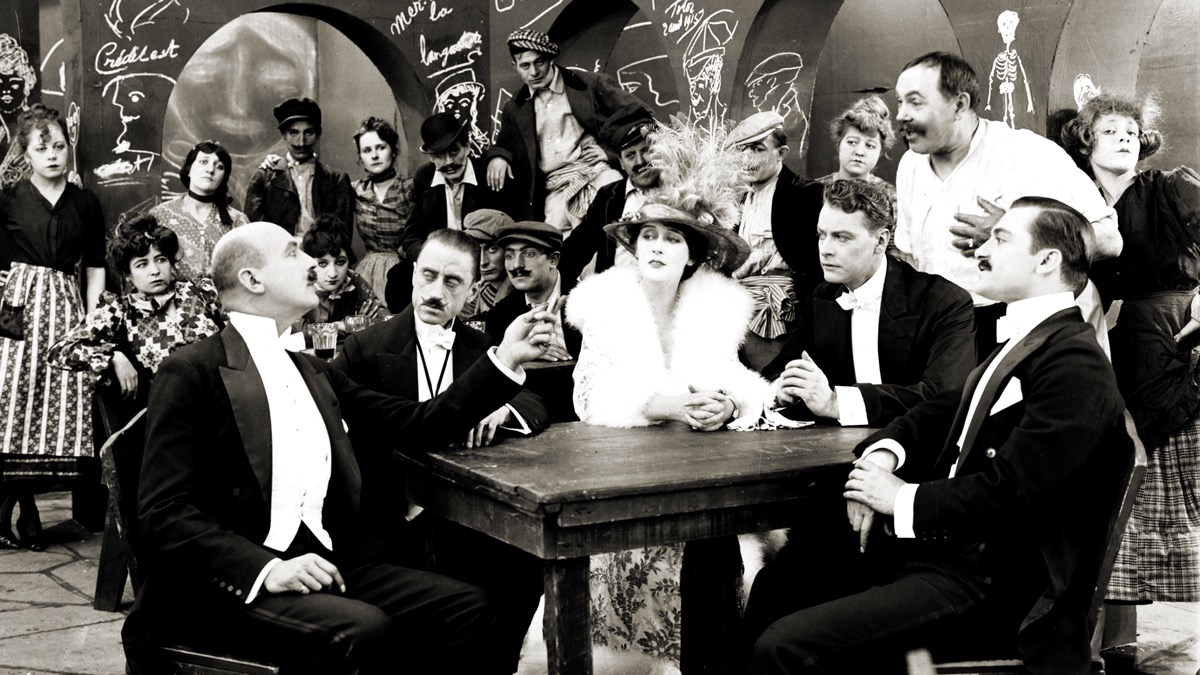At the beginning of Pamela B. Green’s documentary about Alice-Guy Blaché, several prominent Hollywood directors and actors—including Catherine Hardwicke, Patty Jenkins, and Geena Davis—inform the audience that they are absolutely floored by not having heard of this trailblazing director.
Despite material about Guy-Blaché in film archives, as well as documentaries about female filmmakers that mention her accomplishments, it’s safe to say that the French director is largely unknown. Not even Jodie Foster, who narrates Be Natural: The Untold Story of Alice Guy-Blaché, knew about Alice until recently. The discovery prompted the American actor and director to get onboard with the project and also serve as executive producer.
At 21, Guy-Blaché started as a secretary to Léon Gaumont in Paris in 1894 and went on to become the first female filmmaker in history. Yet, her pivotal contribution to early cinema isn’t as well-established as that of the Lumière brothers or Georges Méliès, though her career was equally prolific, and longer.
Not only did Guy-Blaché direct what is now considered one of the first films incorporating narrative elements, La Fée Aux Choux (The Cabbage Fairy), but she also boasted a career spanning two decades and culminating with her co-running a studio in the U.S., alongside her husband. That’s where Guy-Blaché placed a sign for her actors reading, “Be Natural.”
Guy-Blaché’s was a time when silent films were relatively new, and the potential of narrative plots hadn’t been fully explored. Yet, she directed, wrote, or produced over 1,000 films, including movies with storylines challenging traditional gender roles and tackling topics such as child abuse and immigration.
Presented at Cannes in 2018 and now being distributed in several countries, Green’s lively documentary condensed eight years of research into an hour and forty minutes of detective work. Be Natural features graphic design and animation, plus footage of Guy-Blaché’s interviews prior to her death in 1968.
Guy-Blaché was aware her legacy was going to be jeopardized by the lack of physical copies of her work. She spent her last years trying to right the wrongs of film historians, who erroneously attributed some of her films to her male collaborators. Therefore, part of Green’s work was to make sure to track down not only Alice’s descendants across France and the U.S., but also her films in archives across the world.
Green succeeded in creating a beautiful, neat tapestry, weaving together the loose threads left behind by Guy-Blaché, helping to reinstate her in the history of cinema.
Being acknowledged as a woman in a male-dominated work environment isn’t an easy or quick process. Be Natural feels like a timely warning, urging not to overlook women in any industry, and one that stings especially after this year’s Oscar nominations.
The exclusion of female filmmakers from the Best Director category seems to be rooted in a systemic inability to recognize women’s stories and their work, even when they’re in plain sight for everyone to see. Awards ceremonies, which play a substantial role in writing the history of cinema in the making, shouldn’t just look the other way, and Be Natural is just the reminder we need.
(image: Be Natural Productions)
Want more stories like this? Become a subscriber and support the site!
—The Mary Sue has a strict comment policy that forbids, but is not limited to, personal insults toward anyone, hate speech, and trolling.—










Published: Jan 24, 2020 10:12 am